Why do you choose the things you do? 🤷
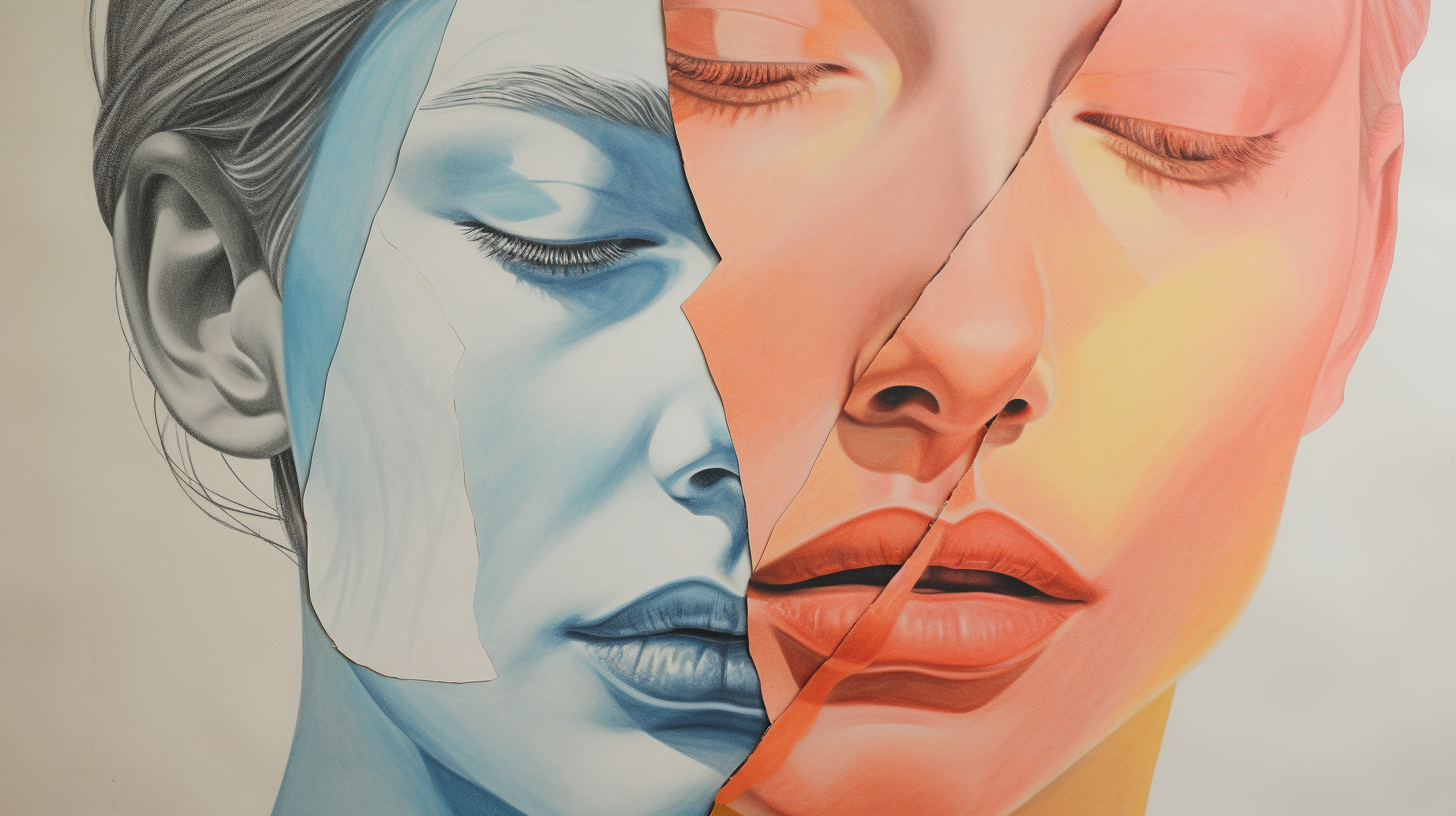
Well, Matt, I look at something and ask myself, “I would like that, and then I have it.”
While that all sounds incredibly simple on the one hand, and unnecessarily philosophical for a grim Friday morning on the other, it’s a question that has popped up a lot for me recently.
All of us make decisions every day. Whether they be small decisions like what to eat or what to wear, to bigger ones, like do I want to leave my job, or, do I want to continue to date or be with someone.
But according to my own wildly speculative thought process, I deliberate more on what I’m going to watch on Netflix / Amazon / Apple TV each night than I spend on things like, “should I spend my money now or put it away in my pension?”
Zooming out further, have you ever thought about how that process takes place? Why do you lean towards one decision over another, and if you could know why, would you be interested?
This week I’m going to delve into the hidden world of “decision science”, to understand how we come to the conclusions we do about our lives, and how we then use them to make new resolutions going forward.
Decision Science 🧑🔬
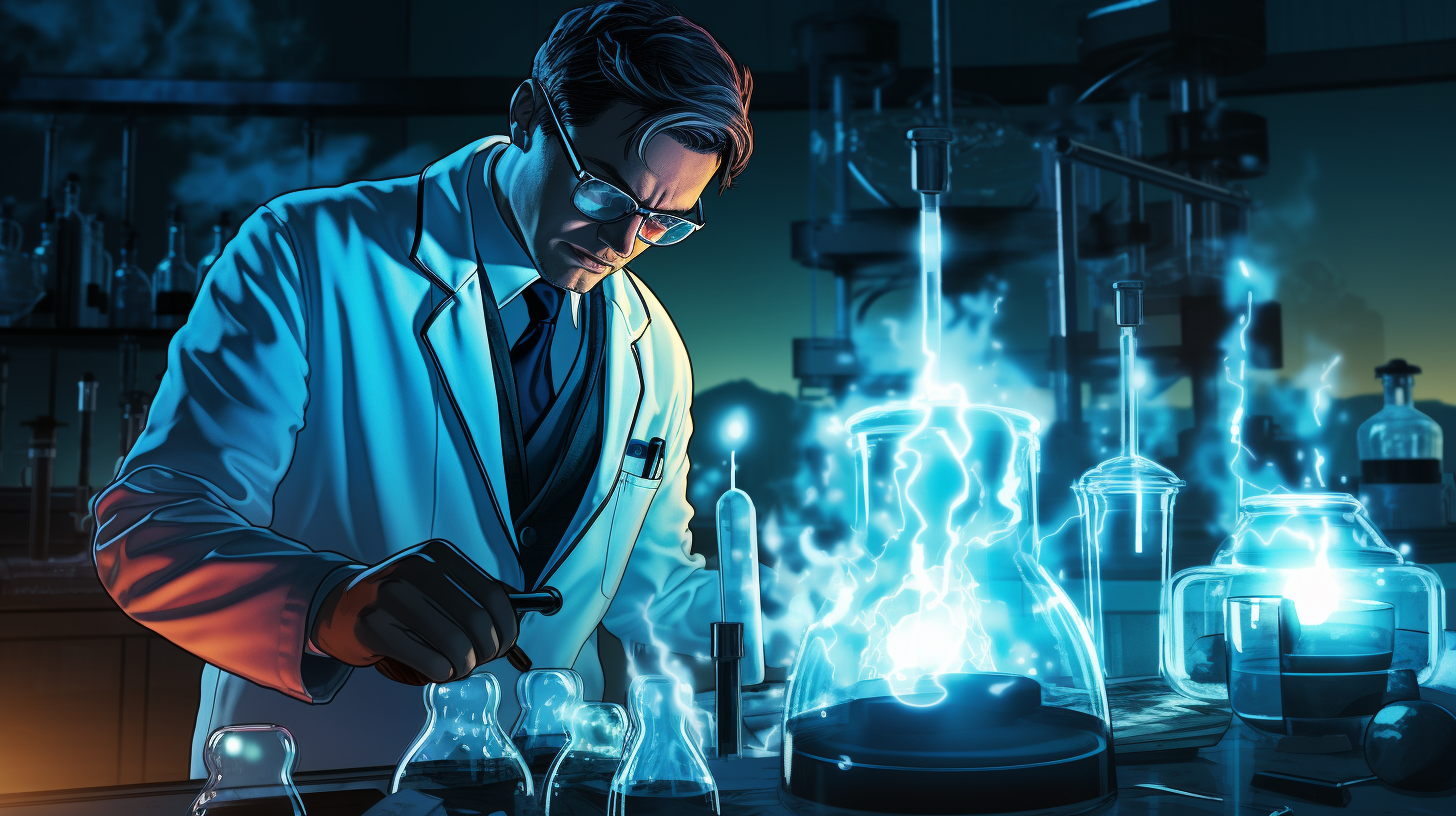
There’s a whole industry out there designed to help you make a decision. It’s called decision science, which makes it sound very impressive, but at its simplest is the various techniques we all use to make decisions.
Think of them as a pros and cons list, but more complicated. Decision scientists are often hired by big companies to help them work out what to focus on next. But their mindset of “analyse all factors and assign significance” can be useful when thinking about our own decisions.
Steven Johnson writes, in “Farsighted: How We Make the Decisions That Matter the Most” for most of us, we don’t spend much time working out what the contributing factors are when deciding on watching something new versus something we’ve seen 400 times (hello, The Office).
The problem, he says, is something called “bounded rationality”, a fancy term for the cascading effect of how previous choices constrain future ones. Let’s go back to the telly example again.
Before you’re confronted with the choice between watching something old and something new, you’ve already made a whole bunch of decisions:
- Sit down in front of the TV
- Go and sit on the couch
- Stop work
- Put phone down
- Take dog out
- Do laundry
The list goes on. All of these narrow the choices we make in the immediate future. If we’re sitting in front of the TV, you’re a lot less likely to suggest going for a run, or washing the car, because you’ve already decided all these other things. The same applies for bigger decisions.
Take your career for example: how many of you have made subsequent decisions that follow your previous ones? So the industry you work in, or the area you choose to specialise in. How often have you completely changed your career and direction, and why? What decisions built up to the one that led you in a different direction?
The interesting point here is that our heads are typically looking to make cognitively simpler decisions, based on the moment we’re in right now. The brain, in summary, is a lazy son of a gun, and it will routinely look to make easier decisions than hard ones. But there are some decisions that are just universally tough. Especially those where the decision will shape how we’ll feel far into the future.
Undiscovered Options ↪️
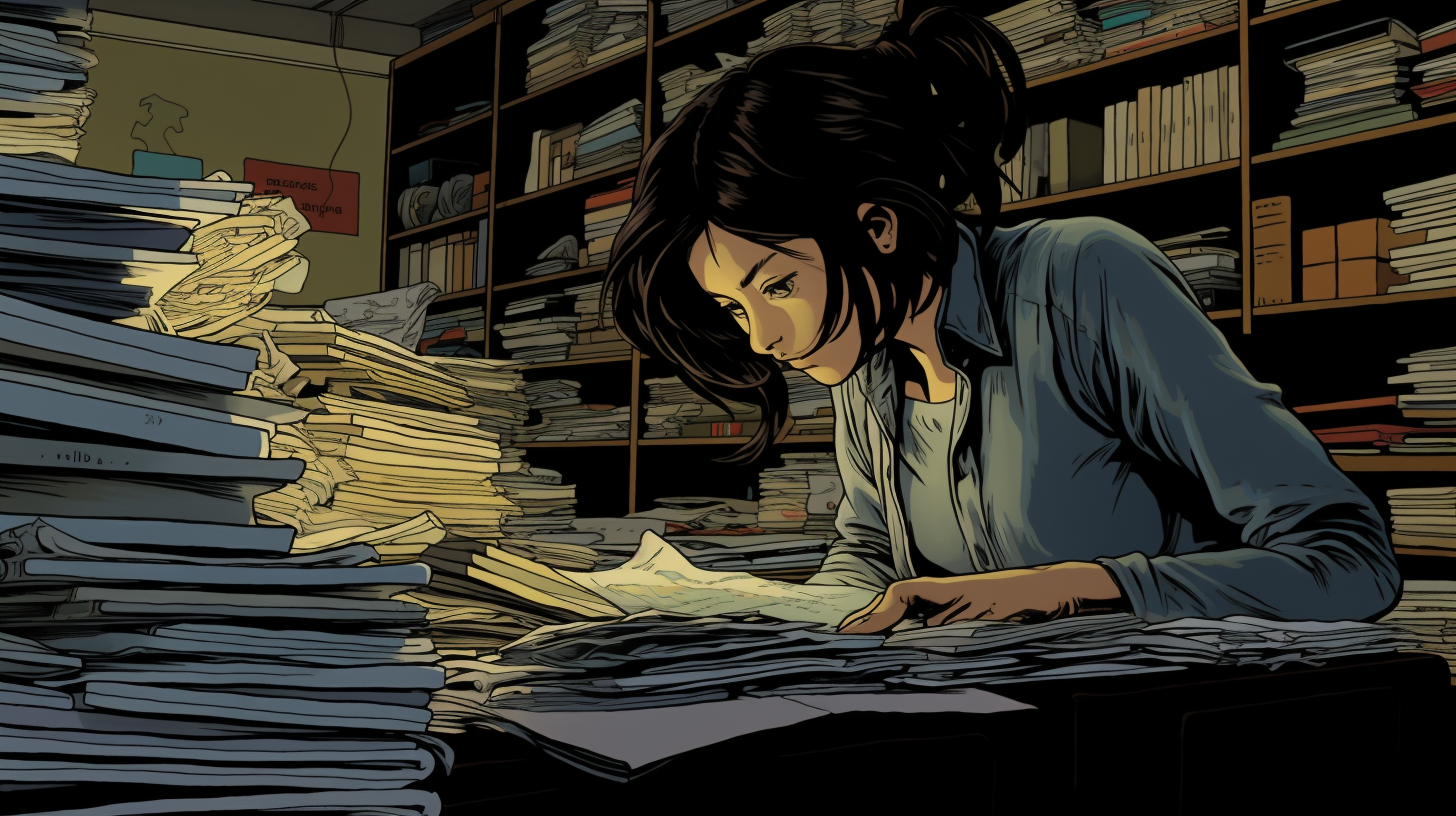
Here’s a thought experiment for you:
You’ve been offered two jobs: one at Partners in Health, which brings medical care to the world’s neediest people, and the other at Goldman Sachs.
You must consider which option would be most appealing today, later this year, and decades from now; which would be preferable emotionally, financially, and morally; and which is better for you, your family, and society. From this multidimensional matrix, a decision must emerge. But inside that lie undiscovered options, hidden truths, and our own bias towards certain outcomes based, again on decisions we’ve made before.
So, which way do you go? These decisions become multi-dimensional, and a simple good/bad yes/no scale isn’t going to cut it. These decisions require all of our brain to think about a lot of different outcomes. So how do we do it? The answer, according to some, sits inside the idea of versions of ourselves. Allow me to explain.
What You Can’t Expect When You’re Expecting 🧑🍼
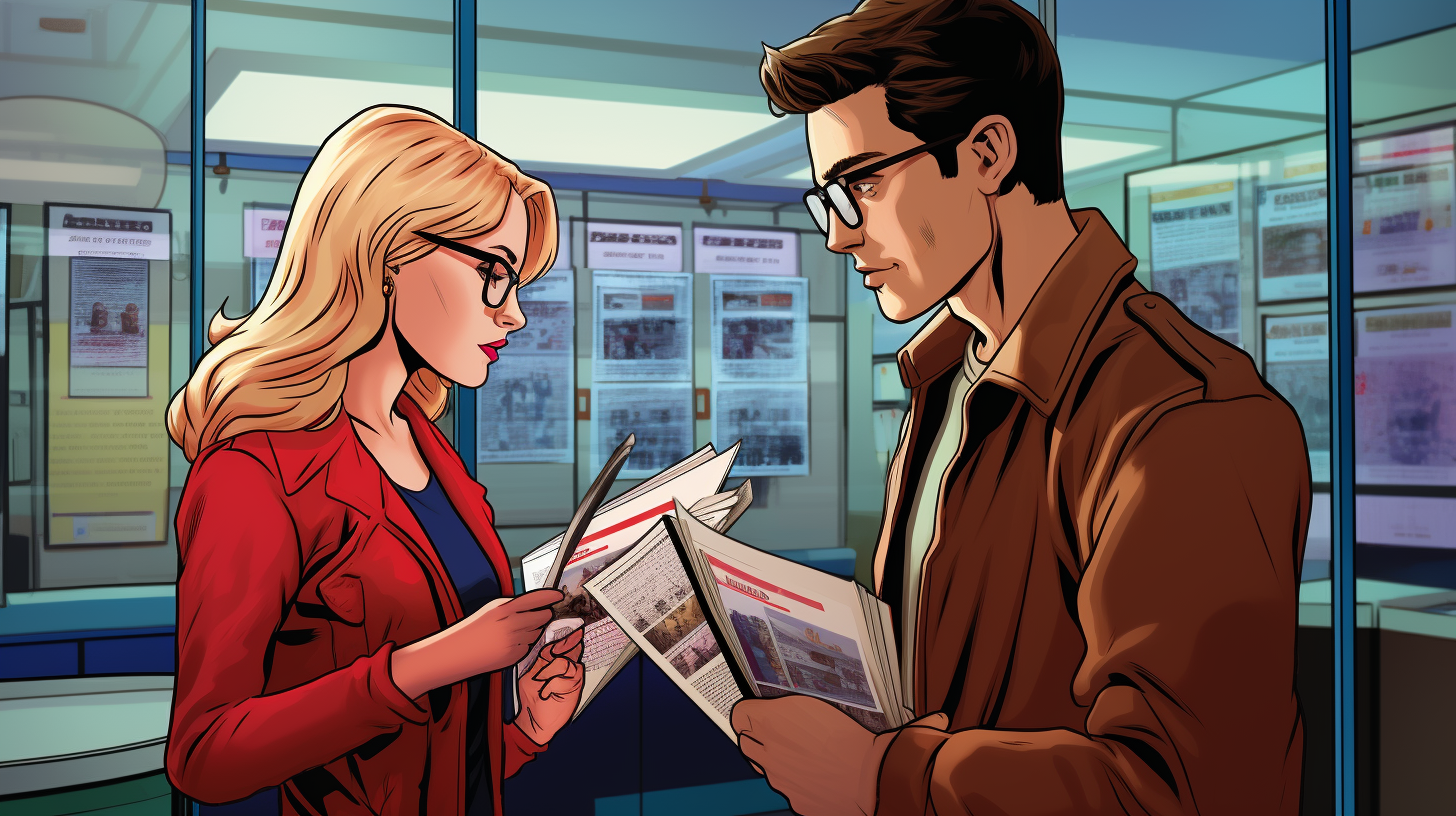
Let’s take one of life’s biggest decisions: whether to have children.
We try to imagine what our life might be, and compare it to the life we have now - it’s why more and more people are choosing not to have children. But is that the whole story?
In a 2013 paper titled “What You Can’t Expect When You’re Expecting,” L. A. Paul, a philosopher at Yale believes while in theory, comparing yourself now to a future self sounds like a fine way to think through the problem, it can overlook something fundamental about being a person.
“Perhaps you think that you can know what it’s like to have a child, even though you’ve never had one, because you can read or listen to the testimony of what it was like for others. You are wrong.”
Paul argues that being around other people’s kids will provide us with an example of what some of the aspects of parenting might look like. But it does a pretty bad job at telling us how our identity might shift by being confronted with these new found responsibilities.
Before having children, you may enjoy clubbing, skydiving, and LSD; you might love to work, to travel, to cook, or do yoga 17 times a day. You may just love not being beholden to anyone or anything. Having kids will quite clearly deprive you of those things.
But this is an assumption based on who you are right now. Who you might become as a result of a major decision, might reveal a newer version of yourself that does enjoy the responsibility of parenthood. The mundane moments, and the school run, it turns out, delight you.
Old you, new you 🥸
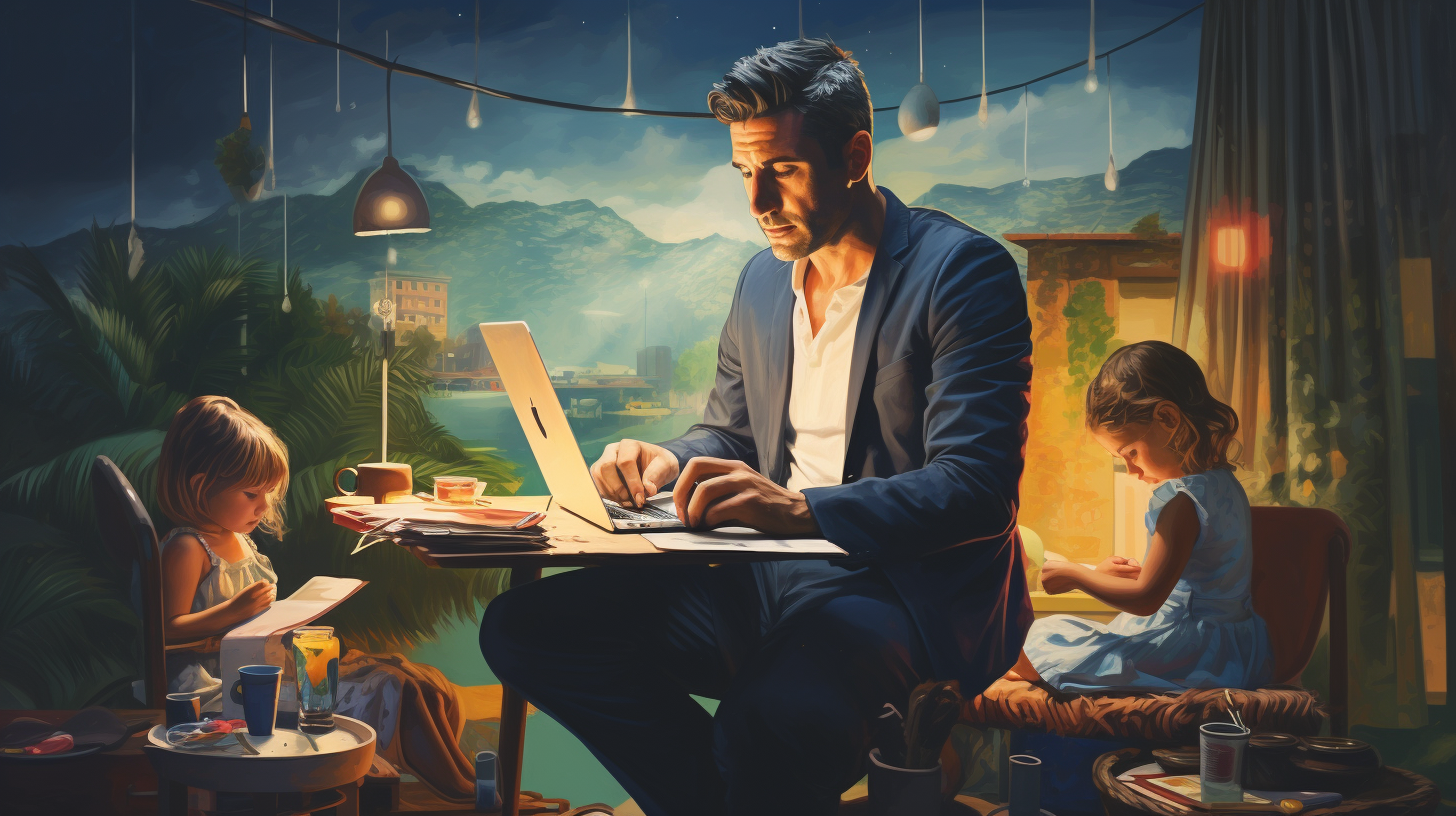
These activities may sound like torture to the childless version of yourself, but the parental version may find them illuminated by love, and so redeemed. You may end up becoming a different person—a parent.
The problem is that we can never really know in advance what version of ourselves will emerge by saying yes to big, life-changing moments. Paul believes it's about being a passenger on a road of authenticity. What on earth does that mean?
Well, says Paul it’s about occasionally leaving your old self behind “to create and discover a new self.” Part of being alive is awaiting the “revelation” of “who you’ll become.”
So where does that leave us? Well, decision-making is a weird and wonderful world of psychology that doesn’t get spoken about all that much. But perhaps the most important part of all this is to talk about the decisions we didn’t make. The ones that haunt us.
When we dwell on the person we did not marry, the country we did not emigrate to, and the career we did not pursue, we breathe life into the ghosts of past decisions. But like all good ghosts, they never really go away.
When we create a yardstick of self-worth based on things that have long gone, we rob ourselves of the opportunity to make new decisions that could make our life better and more fulfilling.
That's a decision I can get on board with.
Things we learned this week 🤓
- 🤖 Uh-oh, ChatGPT has outperformed doctors at helping to manage clinical depression.
- 💭 Writing down what you’re thinking is surprisingly good for your health.
- 😴 Bad sleeper? The reason may be lurking in childhood memories.
- 👪 Working with robots makes you less caring and less attentive.
If you would be so kind 🙏
I’m building out my content on video and podcasts, and I’d love your support.
🤜 Hit that subscribe button over on YouTube.
🤜 Tune into my podcast every week.
I love you all. 💋

